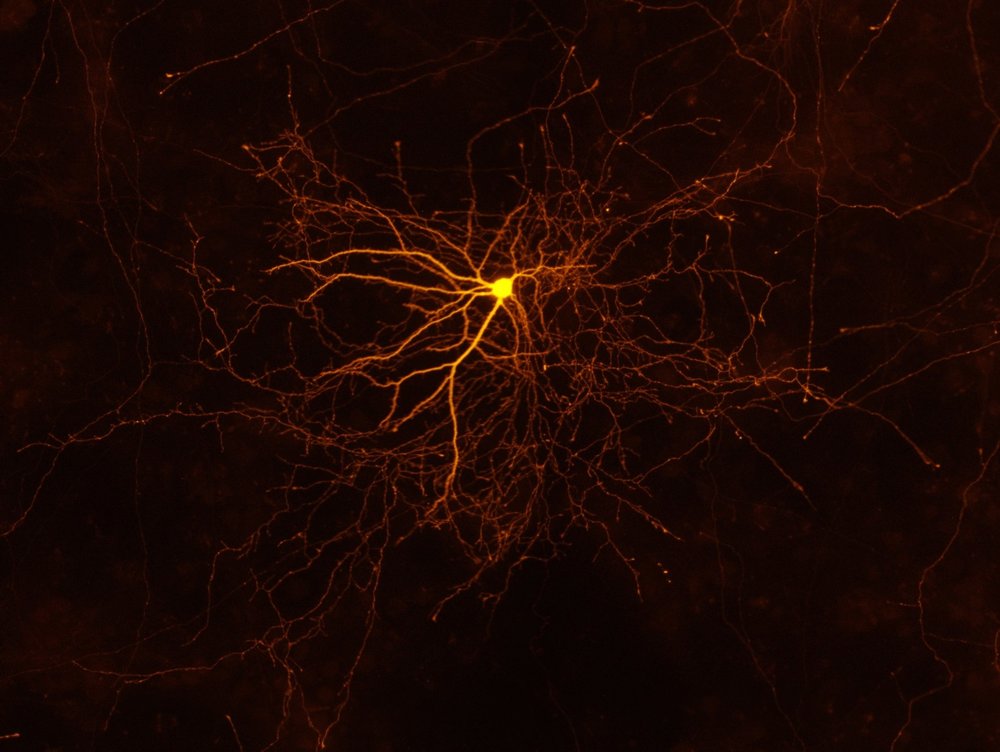Why do we forget in old age?

One of the most debilitating aspects of advanced age is the accompanying cognitive decline. Patients that experience cognitive deficits are faced with the loss of independence, decreased healthspan, and increased financial burden. Studies suggest that age-related cognitive decline is potentially reversible, but the underlying mechanistic changes have yet to be fully elucidated. Our research program focuses on identifying how reduced neuroendocrine and endocannabinoid signaling impacts the function of neurons, astrocytes, and the supporting vasculature in the aging brain. Using genetic and pharmacological tools, we are able to manipulate these signals and examine how learning and memory is affected, along with a variety of other behavioral responses. We then examine the ensuing structural, biochemical, and genetic changes within the brain to understand which signaling cascades are contributing to the observed alterations in behavior. We also explore the neuroprotective potential of exogenous endocrine and cannabinoid signals in vitro and in vivo. Together, we hope to uncover pharmacological targets that may delay or avert the onset of age-related cognitive decline.
CURRENT RESEARCH FUNDING
NIH: P20GM103476 Flynt (PI) 06/2021-06/2022
The goal of this subaward from the Mississippi INBRE program is to procure shared-use equipment to assess gait of rodents at University of Mississippi.
NIH: R01 DA052851 Ashpole and Paris (PI) 09/2020-09/2024
The goal of this study is to examine the effects of minor cannabinoids and terpenes in murine models of HIV-induced inflammation, with a focus on pain response, microglial activation, and viremia production.
NIH: R03 NS110996 Pomin (PI) 04/2020-04/2022
The goal of this study is to identify novel glycosaminoglycans isolated from marine organism that are capable of regulating neurite outgrowth.
NIH: R15 AG059142 Ashpole (PI) 09/2018 – 08/2022
The goal of this study is to explore the effects of IGF-1 signaling in astrocytes after development and into advanced age. Currently in NCE until 08/2022.
Previous Research Funding
NIH: P30GM122733-01 “COBRE Phase III Transitional Center”